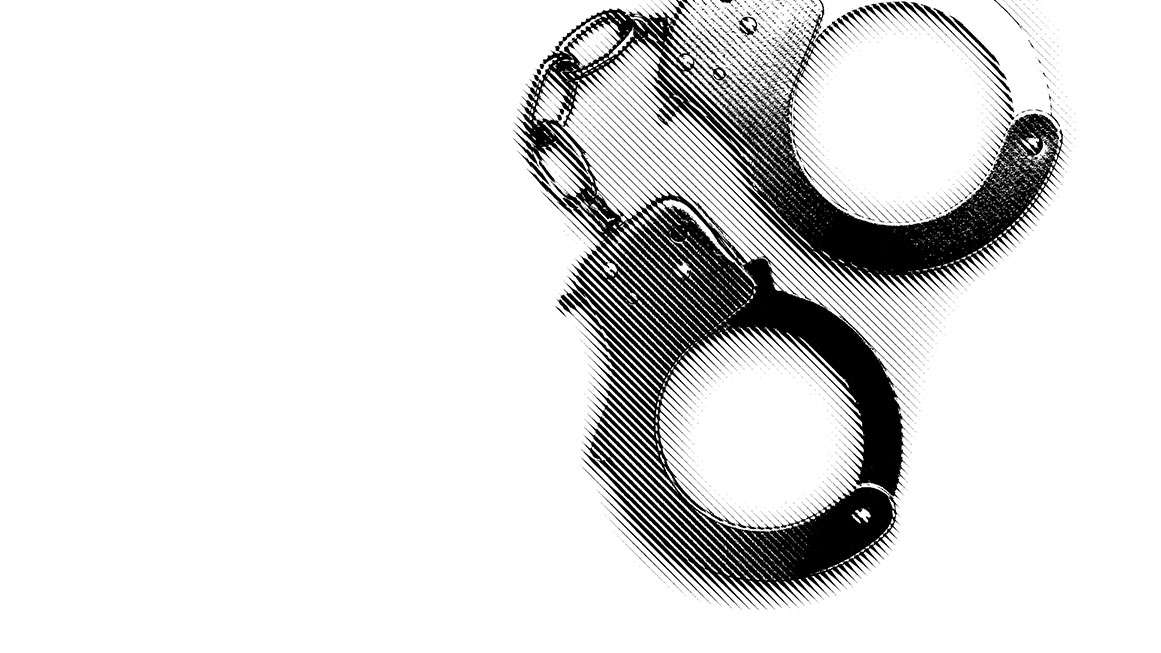During a visit to Wisconsin in May, former President Donald Trump made bold promises to rallygoers, including granting police immunity from prosecution and giving them back their power. However, there are legal constraints to his promises, as most prosecutions occur at the state level where presidential power does not apply. Even if Trump could influence federal charges, state charges would still stand, as seen in the case of Derek Chauvin.
Trump’s support for maintaining qualified immunity, a legal doctrine that shields government employees from lawsuits unless a constitutional violation is clearly established, raises concerns about accountability for law enforcement. Studies show that the majority of damages awarded in lawsuits against officers are paid by governments or insurance companies, not the officers themselves.
Despite Trump’s efforts to protect police from liability, the implications of holding law enforcement to a lower standard than the public they serve are alarming. It raises questions about the conservative principles of accountability and upholding the rule of law.
This article was originally published under the title “Trump Promises Police ‘Immunity From Prosecution’.”






